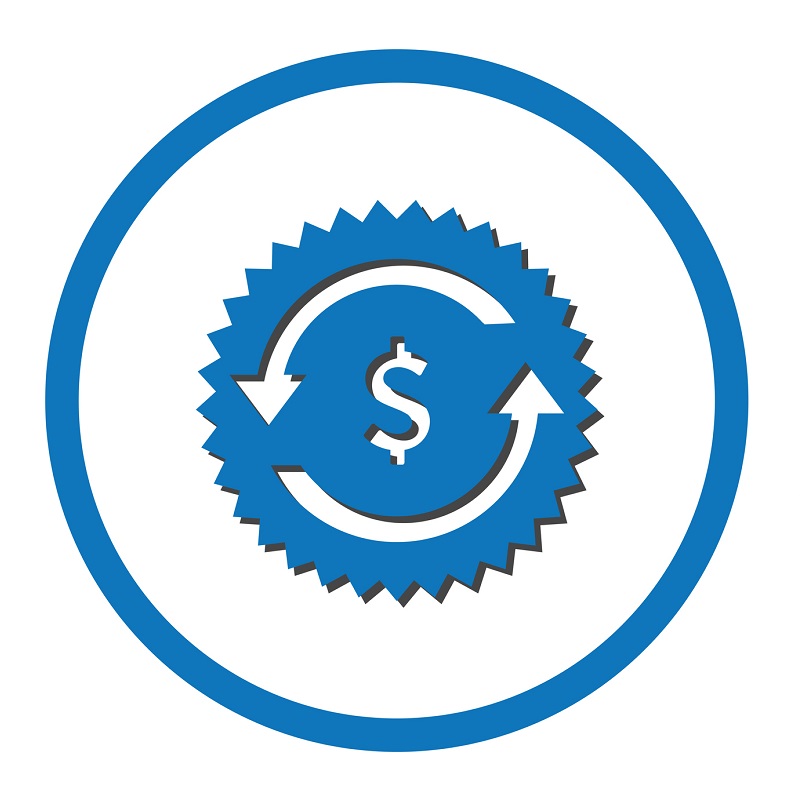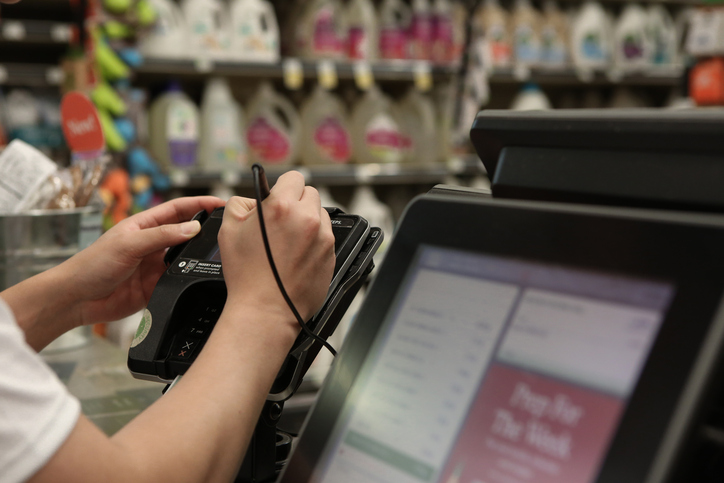It’s a sad reality that payment fraud is something all business owners have to think about. While we wish it would simply disappear, it’s not going to go away any time soon. The big problem with payment fraud, aside from it being a serious hassle, is the fact that there isn’t just one kind of fraud that business owners have to worry about. There are many different types, including account fraud, credit card chargebacks fraud, friendly fraud, and the list goes on and on.
It’s important for business owners to understand that they need to have strategies set up in order to help detect, prevent and manage any sort of fraud situations that may occur because when it comes to merchants and fraud? It’s not a possibility that you’ll eventually have to deal with it, it’s an absolute certainty. That’s why having a company to help you with handling fraud is so important.
It’s important to note that when a customer is compromised, they not only are going to be much less likely to come back to your establishment, they’re likely going to put reviews up giving you some negative press and potentially harming your business greatly.
Learning about credit card chargebacks is especially important because it can definitely be a huge hassle for a business owner. This is because the chargeback is actually initiated by the credit card holder which could result in a return of funds to them, even if they continue to keep the product they purchased from you or continue to use the service you sold to them.
Getting the right fraud protection for merchants is definitely important, and learning about fraud insurance is something that any business owner should consider as well. Merchants and fraud do go hand-in-hand, but with the right company, like Y2Payments, behind your business you’ll find that you don’t have to worry about the fraud as much as you would if you were handling things on your own.
For example, Y2 oftentimes deploys a technology called 3D Secure (3DS). It is a Visa/MasterCard fraud prevention tool designed to eliminate such cardholder claims. When 3DS validates a card transaction if also completely eliminate the chargeback fees for the merchant. Having a shield up between you and those who would defraud you is definitely something that can help your business.




